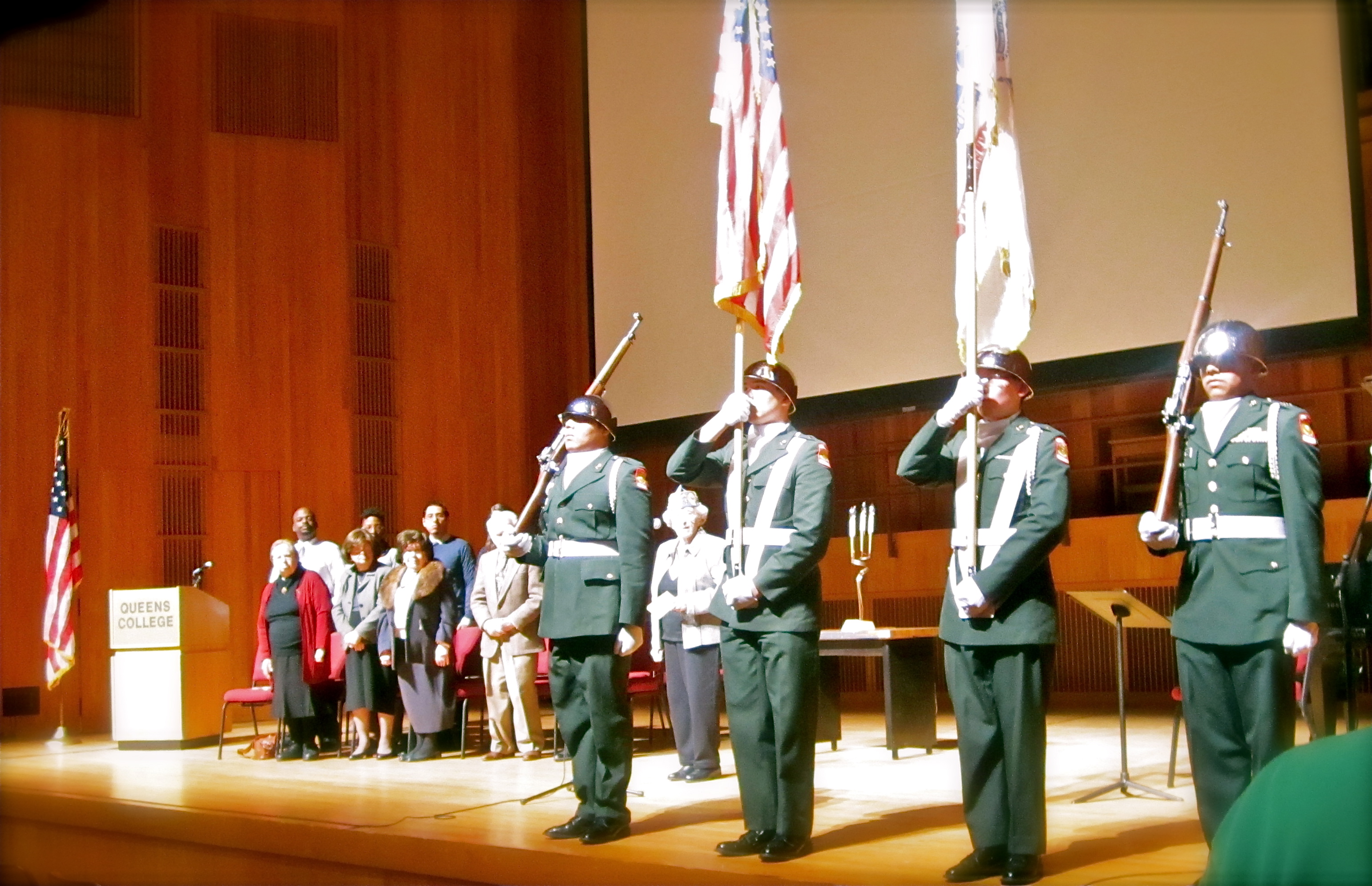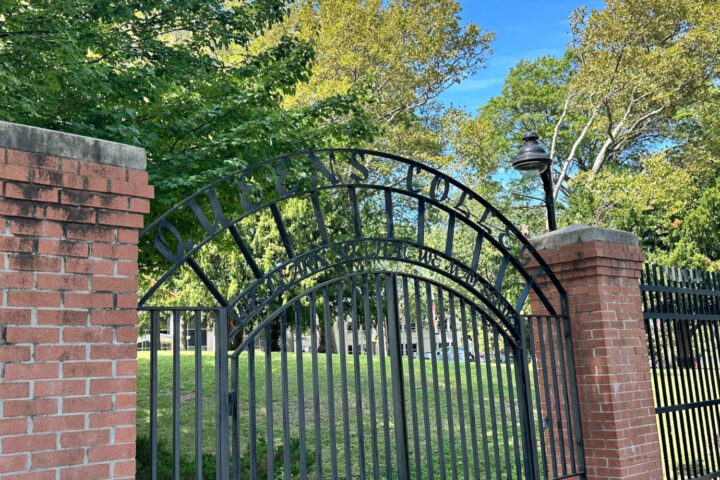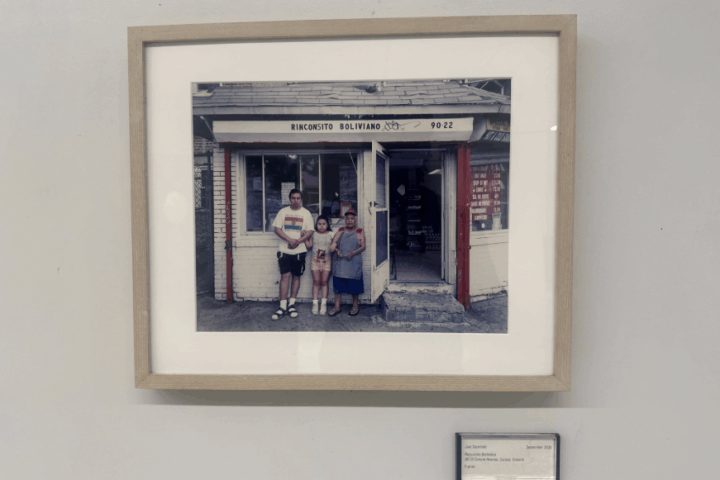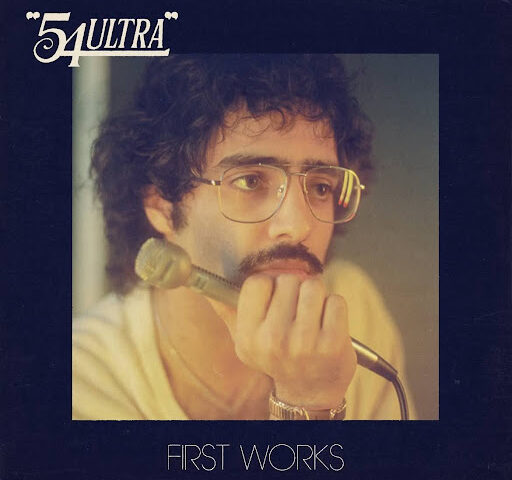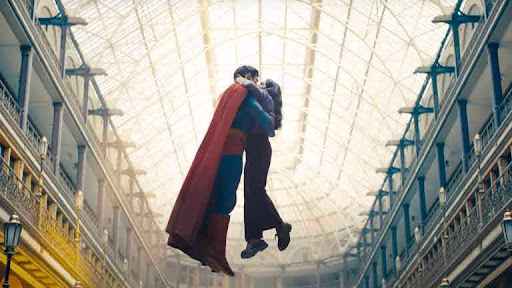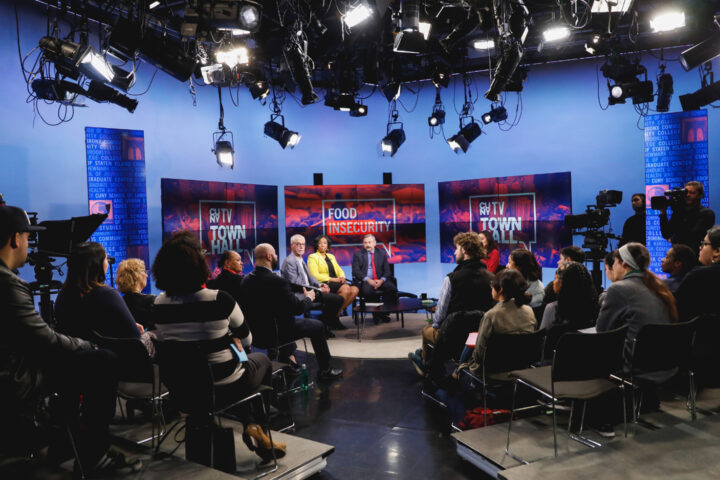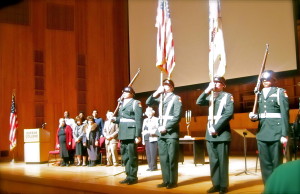
The message of peace reverberated within the Lefrak Concert Hall on Nov. 18, as the fifth annual Kristallnacht commemoration held at Queens College, gathered supporters to combat anti-Semitism and hatred in its many forms.
Kristallnacht, which means “night of crystal,” refers to a series of attacks against Jews during the time of Nazi rule in Germany, from Nov. 9 to 10 in 1938. During this time, the streets were littered with glass shards from Jewish owned businesses, homes and synagogues. Due to this, it has come to be known as “the night of broken glass.”
The director of the Center for Jewish Studies at QC, Prof. Mark Rosenblum, noted that the event not only remembers the Jewish casualties, but honors the survivors of the Holocaust — many of whom are located in Queens — and hopes to inspire students to pave way to a future free of discrimination and hatred in all forms.
“We’re trying to take a mega moment in Jewish history and not only make it about Jewish people, but others who have been victimized in other genocides and other contemporary issues that have not risen to that point yet,” Rosenblum said. “With these early warning signs, we need young people to combat this hatred.”
The event began with an introduction and greetings from QC President James Muyskens, a celebration of colors presented by the Francis Lewis High School and patriotic, soulful renditions of the American and Israeli national anthems by organizer with the Center for Ethnic, Racial and Religious Understanding, Sophia McGee.
A three part invocation was later shared amongst Father Patrick Flanagan of St. John’s University and QC’s Chaplain Ali Mermer and Rabbi Moshe Shur. This ebb and flow between cultures helped to resonate the theme of unity that was constantly evoked throughout the event.
An audiovisual display on the harsh realities of Jewish life during Nazi rule, prepared by the Harriet and Kenneth Kupferberg Holocaust Resource Center and Archives at Queensborough Community College, was shown. The story of Herschel Grynszpan — a seventeen year old Polish Jew during the Holocaust — was shared to try and delve into the emotional atmosphere of the time.
Herschel, whose family was forced out of Germany due to Polish citizenship, found himself powerless after hearing they had nowhere to go. Out of desperation for his family, he shot German embassy official Ernst von Rath, who died two days later on Nov. 9, 1938 — coinciding with the start of Nazi Germany’s usage of anti-Semitic demonstrations via Kristallnacht.
Marion Kaplan, skirball professor of modern Jewish studies at New York University, led a discussion on women and their role during this time titled, “Kristallnacht: Jewish Women and Families React.”
A segment for the survivors of the Holocaust came next, wherein a selected six were honored through a reading of their biographies during anti-Semitic rule in Germany. As each survivor lit a ceremonial candle, biographies were read by students who pledged to combat anti-Semitism and any hatred found amongst or against other racial groups.
To conclude the event, a clip called “Seeds of Change,” was shown, calling for the word “hatred” to be removed from the vocabulary of those in attendance, forever.
The week of the Kristallnacht anniversary was somewhat marred when swastikas — a symbol associated with the Nazi party led by Adolf Hitler — were found on designated walls in Powdermaker Hall. Assistant director of CERRU and QC alum, Steven M. Appel believed this to be disturbing citing its occurrence to fear and tough economic times.
“Real progress is being made at Queens College in bringing diverse people together, building cross cultural relationships and mitigating hatred, fear and ignorance,” Appel said. “While there will be people who hate, their ranks are dwindling. And as Lincoln said ‘the better angels of our nature’ are prevailing.”


